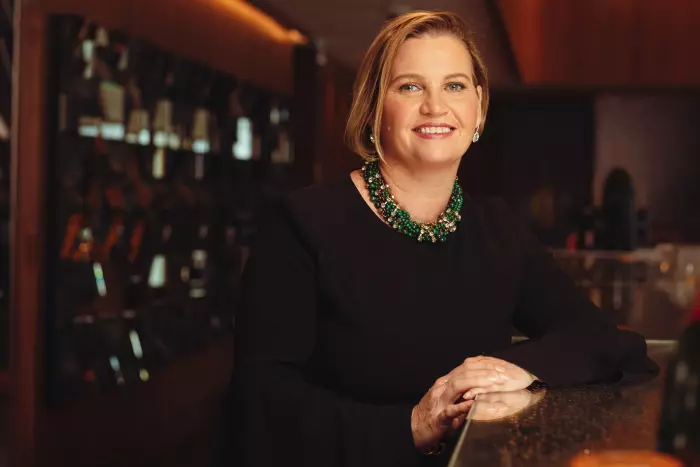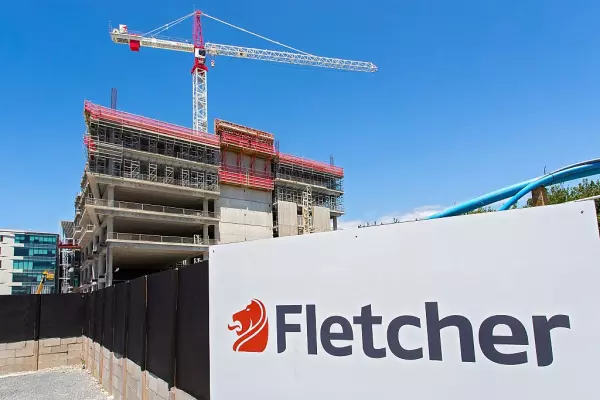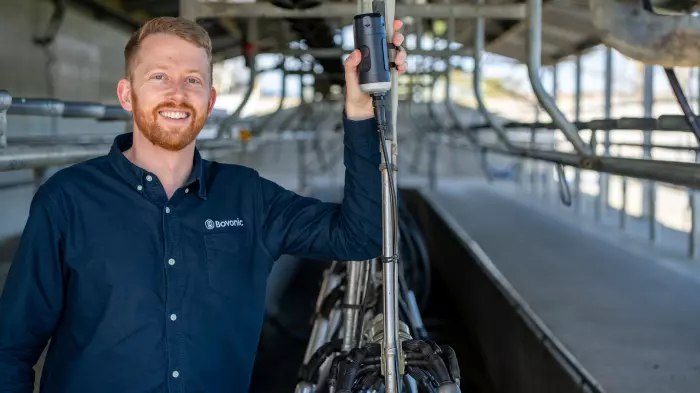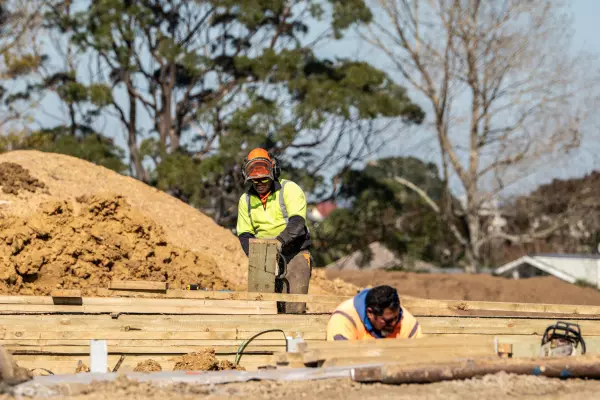Accor Hotels has ambitions to add 10 hotels to its growing big brand arsenal, taking its New Zealand footprint to 55 owned or managed properties.
On the French conglomerate's hit list is Tauranga, a destination it has been trying to get into for some years, according to the group's senior vice president of operations for NZ, Fiji and French Polynesia, Gillian Millar.
But first, the firm wants to see more certainty for global visitors with a drop out of the "orange" covid setting and, even more urgently, needs to fill 370 job vacancies across its properties.
That, Millar said, will take its NZ headcount close to 2,000.
Accor is one of the world's largest hotel groups, with more than 5,300 properties in 110 countries. In the Pacific, it employs 17,000 staff across about 400 sites in Australia, NZ, Fiji and French Polynesia.
It owns 140 of those outright, with management contracts in place with property owners at most of the others under the group's "asset light" model.
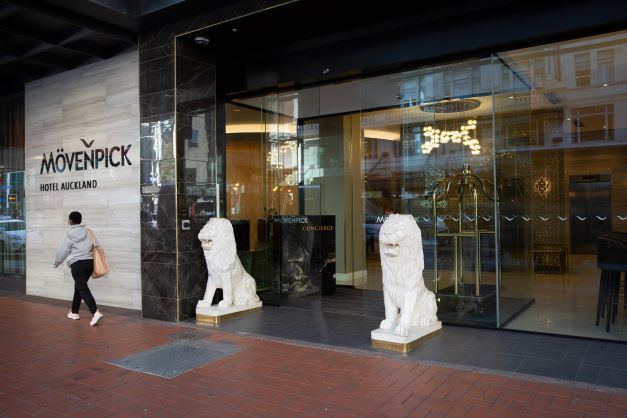 The new Mövenpick hotel in central Auckland. (Image: NZME)
The new Mövenpick hotel in central Auckland. (Image: NZME) It has also signed up with local hotel owner CP Group to bring in four Ennismore hotel group hotels, adding 270 rooms and potentially 170 more staff to its expanding footprint.
The Ennismore brands, focused on the fast-growing "lifestyle" market, will include two Tribe hotels and a Joe & Joe and are scheduled to open their doors in central Auckland next year. A Hyde hotel should open in Queenstown during 2024.
Sarah Derry, chief executive of Accor Pacific, said the reopening of borders brought hotel occupancy back to about 60% of 2019 levels – with trading as high as 150% in Queenstown during the winter season.
The urgent thing now, she said, was to drop out of the orange traffic-light setting, removing post-arrival testing and any kind of measures that created question marks about requirements to travel into and around NZ.
She said the current setting and delays to its removal were making tourists unduly cautious about heading to NZ, and that wasn't helping international tourism campaigns.
These include Tourism NZ's latest international marketing splash, its $5.1m 'If you seek' campaign, which had now kicked off in North America, India, Korea and Japan.
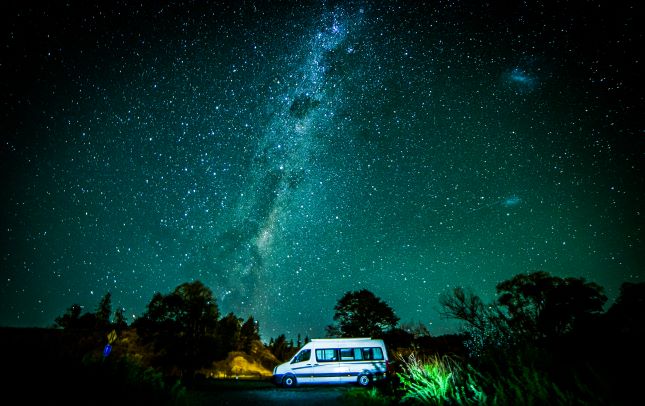 Tourism NZ’s “If You Seek” campaign includes targeting visitors who will spend time exploring different parts of the country. (Image: NZME)
Tourism NZ’s “If You Seek” campaign includes targeting visitors who will spend time exploring different parts of the country. (Image: NZME)Once remaining travel restrictions come off, Derry expects Australian visitors – who accounted for about 40% of the NZ tourism market pre-covid – to continue "flooding in", while the US and other "high-value" tourists start taking a more active interest in the country.
Hotel Council Aotearoa (HCA) strategic director James Doolan agrees it is "past time" to adjust covid restrictions and move away from declarations and testing.
"Most countries don't mandate wearing masks, or getting tested, so lingering covid restrictions may become a barrier to attracting these visitors back to New Zealand.”
Doolan, a former hotel development executive with Marriott International, said that while the latest hotel booking numbers are encouraging, they also show the NZ recovery is uneven, with HCA numbers reflecting revenue per available room, or RevPAR, down 16% in Auckland and 26% in Rotorua year-on-year for July.
He said the departure of both students and working holiday visa holders during the pandemic was the cause of continued shortfalls for worker availability in the industry.
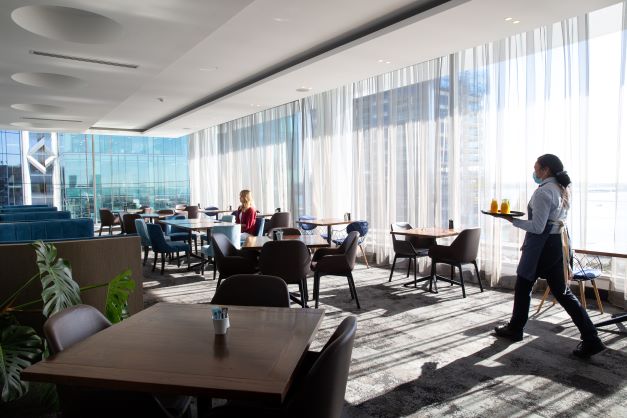 The NZ hospitality industry is working collectively to attract skilled staff. Accor alone has 370 vacancies it’s urgently trying to fill. (Image: NZME)
The NZ hospitality industry is working collectively to attract skilled staff. Accor alone has 370 vacancies it’s urgently trying to fill. (Image: NZME)In April 2020, the group employed 21,000 staff across the Pacific.
Within three months, that number had been reduced to 7,000, with most of those employed in hotels used for quarantine in Australia and the 11 Accor hotels used for managed isolation and quarantine purposes in NZ.
Derry said the expansion of the Accor network was an important selling proposition for the group because the choice was a key driver of its loyalty programme, which had 4.5 million members in the Pacific region.
She said she had brought the group's entire Pacific executive team to Auckland this week – for upskilling purposes, but that their presence reflected the importance of the local market.
As part of its "charm offensive" to help attract people back to the industry, she said, the hotel group had hosted an industry gathering in April, which included about 30 industry players.
They included airlines, hoteliers and other tourism groups, and there was broad agreement that the sector as a whole needed to work collectively to improve its perception and attract skilled people.


